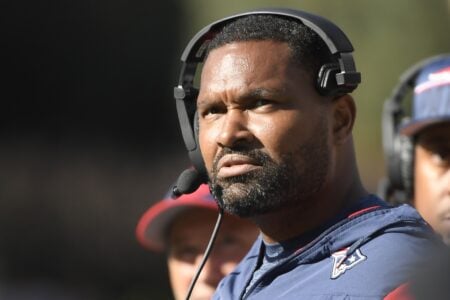DropKickFlutie
Veteran Starter w/Big Long Term Deal
- Joined
- Apr 22, 2010
- Messages
- 9,574
- Reaction score
- 9,155
Top 5 offenses in terms of yards per game: Texans, Colts, Saints, Patriots, Chargers.
They were all shotgun based teams.
Why are you using yards per game as the ultimate measure for offense? Any extreme passing team will win this category, but it doesn't necessarily mean it's the best offense. A more balanced offense probably won't show up high in a total yards ranking, because running the ball gives less yards and kills more clock, which isn't actually a bad thing. Did you also love the Warren Moon run-n-shoot Oilers offenses? I would take a Walter Payton dominant running game any day, with efficient passing.
The Patriots offense was poor in the red zone last year, and absolutely terrible on the offensive unit in the 2nd half of each loss last year. There were three to four games which would have been wins had the offense been able to generate one first down in a certain situation.
Even if we get a stud 3rd and even 4th wide receiver, and acquire all the best personnel for a spread offense, who is to say that this offense still can't be stopped? The old Oilers run-n-shoot offenses were stacked at every position but they always choked in the playoffs.
Bashing Dilfer is too predictable. Some fans will automatically vilify any writer who dares to question the Patriots. The interesting thing about the Dilfer article, though, is he uses Belichick's own moves in acquiring Alge, Kronk, and Hernandez as proof that the coaches want to use a more traditional offensive attack.
Last edited:


















